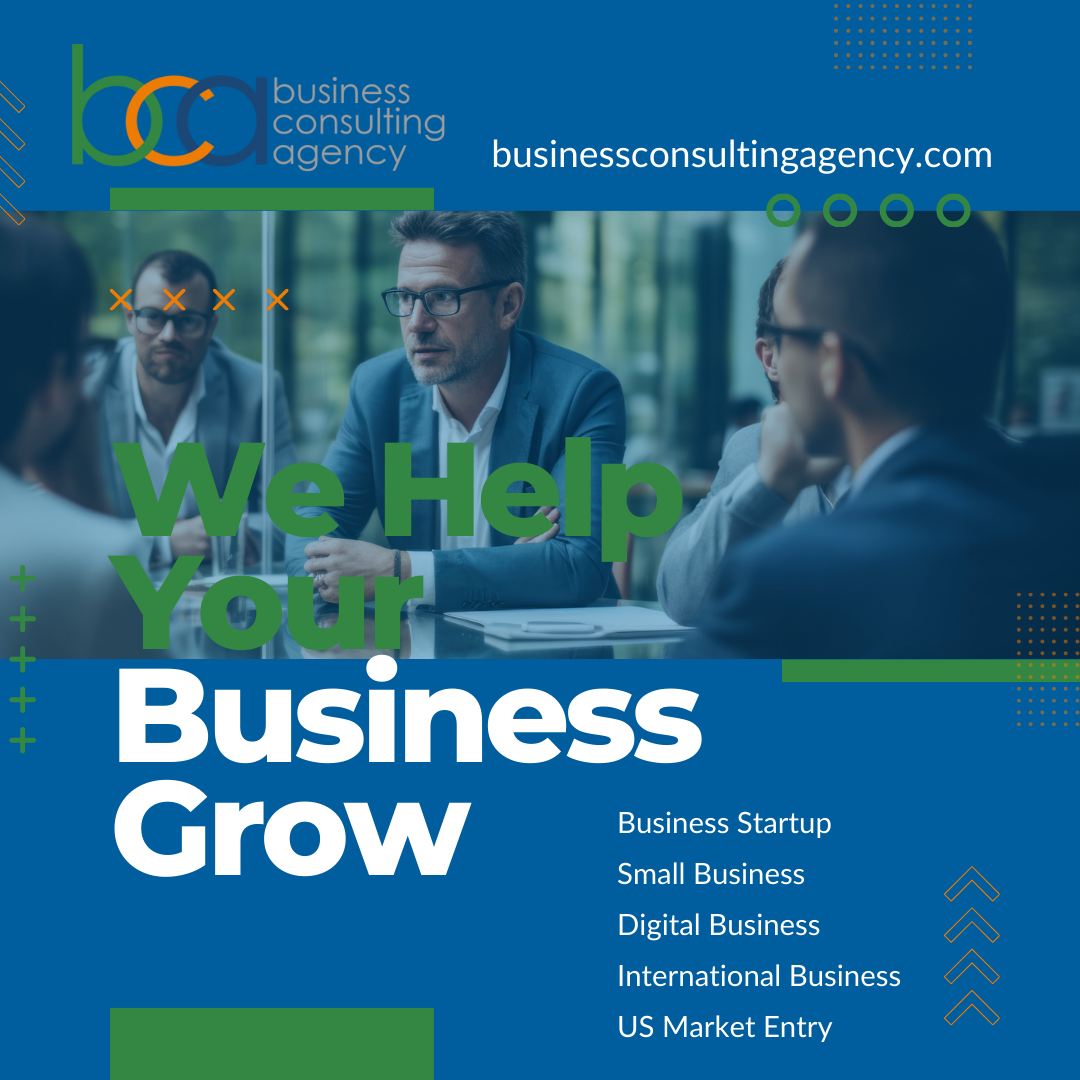
Why Small Businesses Face Common Challenges
Many small business owners handle multiple responsibilities. Because time and resources are limited, companies experience:
- Financial instability due to poor cash flow management.
- Low customer acquisition from ineffective marketing strategies.
- Operational inefficiencies that slow productivity.
- Regulatory and compliance challenges that create legal risks.
Without structured problem-solving, these issues lead to stagnation and lost revenue. However, by implementing expert-backed solutions, businesses improve efficiency, increase sales, and secure long-term stability.
How to Identify and Resolve Small Business Problems
Managing Cash Flow for Financial Stability
Cash flow issues limit business growth. Because poor financial management leads to missed payments and debt accumulation, businesses must:
- Create accurate financial forecasts to anticipate cash needs.
- Reduce unnecessary expenses to improve profitability.
- Negotiate better terms with suppliers to maintain liquidity.
- Implement automated invoicing systems to speed up customer payments.
By optimizing cash flow management, businesses improve financial stability and long-term growth potential.
Increasing Sales and Customer Acquisition
A lack of customers leads to declining revenue. Because strong sales strategies drive growth, businesses improve lead generation by:
- Developing data-driven digital marketing campaigns to reach more customers.
- Optimizing websites for SEO to attract organic traffic.
- Using social media marketing to increase brand awareness.
- Offering promotions and loyalty programs to retain existing clients.
By improving marketing and sales strategies, businesses attract more customers while maximizing revenue.
Improving Operational Efficiency for Better Productivity
Operational inefficiencies increase costs and reduce output. Because streamlining processes improves productivity, businesses enhance operations by:
- Automating repetitive tasks to save time and resources.
- Implementing project management tools to improve workflow.
- Training employees on best practices for efficiency.
- Optimizing supply chain and inventory management to prevent waste.
By refining business operations, companies reduce costs while increasing productivity and service quality.
Ensuring Regulatory Compliance and Legal Protection
Legal and compliance issues create risks for small businesses. Because non-compliance leads to penalties or lawsuits, businesses must:
- Register the business correctly and obtain necessary licenses.
- Ensure tax compliance to avoid financial penalties.
- Maintain accurate business records for audits and reporting.
- Develop HR policies aligned with labor laws.
By focusing on legal and regulatory compliance, businesses protect themselves from unnecessary risks.
Strengthening Customer Relationships for Long-Term Growth
Customer retention is essential for sustainability. Because satisfied clients become repeat customers, businesses improve retention by:
- Providing excellent customer service to increase loyalty.
- Using personalized email marketing to maintain engagement.
- Encouraging online reviews and testimonials to build trust.
- Offering referral programs to increase customer referrals.
By strengthening customer relationships, businesses build a loyal client base while maximizing lifetime value.
Developing a Scalable Growth Strategy
Long-term success requires strategic planning. Because rapid, unstructured growth leads to financial strain, businesses scale effectively by:
- Identifying new revenue opportunities for expansion.
- Refining pricing and product strategies for competitiveness.
- Expanding to new locations or markets based on demand.
- Investing in digital transformation to streamline business processes.
By planning for scalable growth, businesses expand while maintaining profitability and operational efficiency.
Why Working with Business Consultants Ensures Faster Solutions
Many small business owners struggle to diagnose and fix problems alone. Because consultants specialize in problem-solving and strategic planning, working with experts provides:
- Objective insights and data-driven solutions for growth.
- Industry-specific expertise to implement proven strategies.
- Time-saving approaches that improve efficiency.
- Hands-on support for business transformation.
Without expert guidance, businesses waste time and resources. However, by partnering with small business consultants, companies overcome challenges, increase efficiency, and achieve long-term success.
Small businesses must proactively resolve problems to remain competitive. Because financial management, marketing, operations, and compliance impact success, companies must refine strategies continuously. Without expert support, businesses face unnecessary struggles and slow growth. However, by working with business consultants, small businesses implement structured solutions, improve efficiency, and scale successfully. Investing in professional consulting services is not just an option—it is the key to long-term success in a competitive market. Find out here how to resolve small business problems. Work with experts for best results. Why guess? Work with experts for better results.








